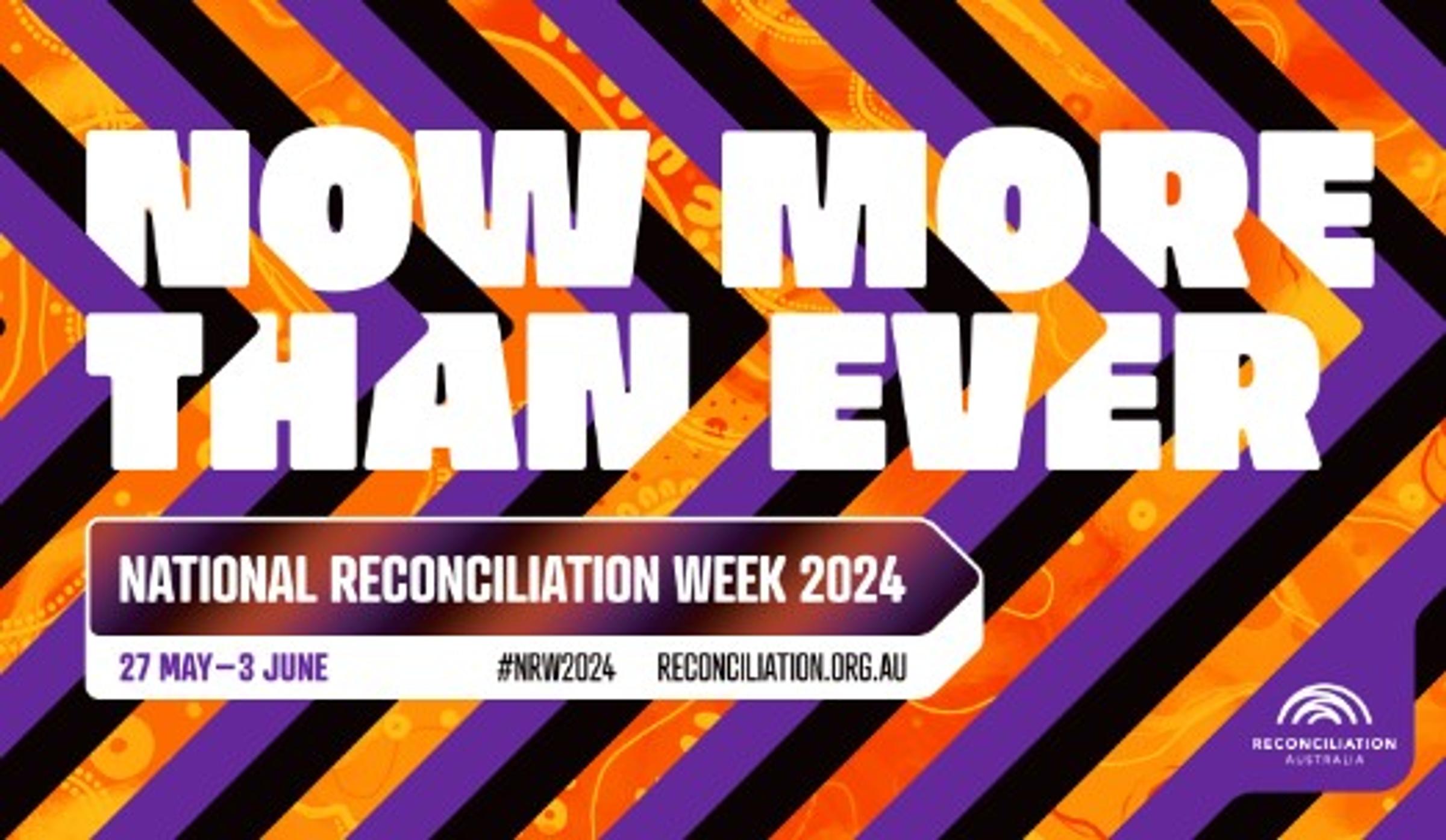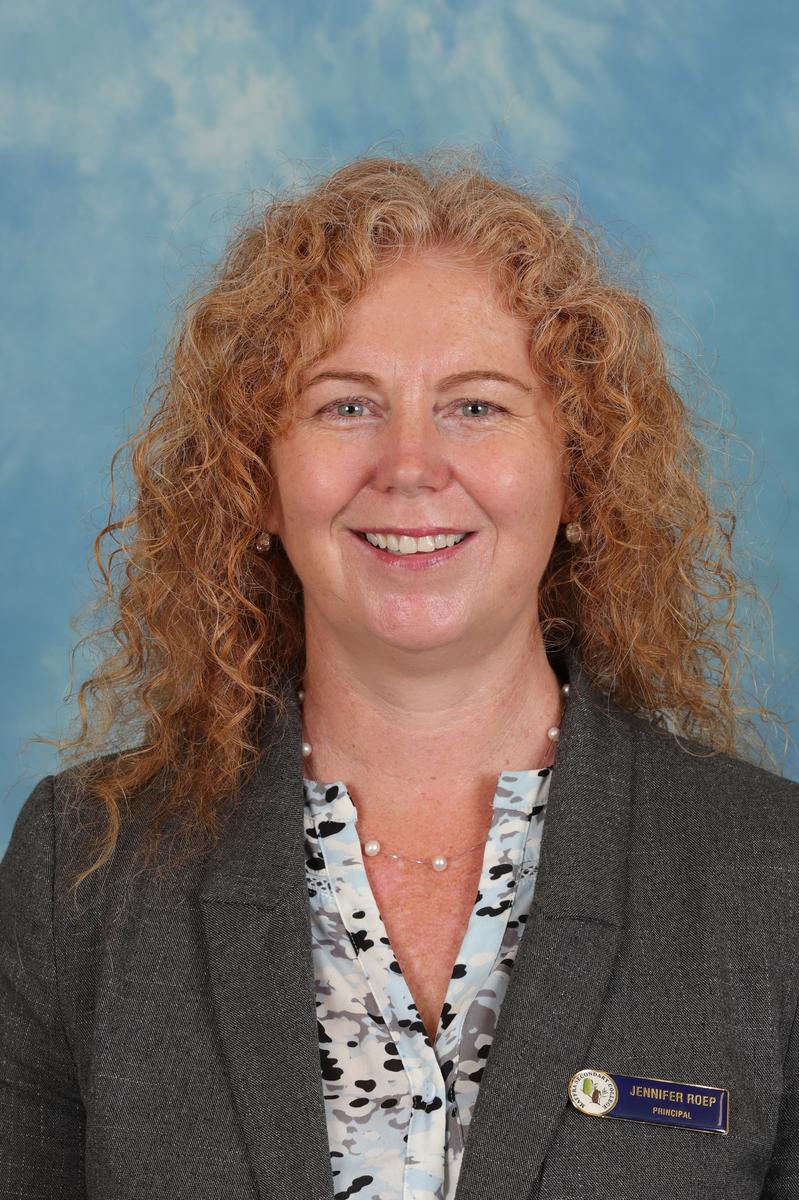Reconciliation Week

Dear families, students and community members, As mentioned in my previous newsletter article, as a school we have an important responsibility to prepare our students for what they will face as adults when they head out into the world, no matter where they choose to live. Our society is increasingly diverse, and it is critically important for every individual’s happiness and wellbeing that our young people know how to live and work harmoniously with others from all walks of life. To this end, one of our key improvement strategies at Maffra Secondary College is: “to embed a culture of respect and equality across the school community”. This Sunday is National Sorry Day which leads into Reconciliation Week (May 27th to June 3rd). As a school we acknowledge that this is significant for us and our community and we acknowledge that reconciliation is an active journey of building respectful and meaningful relationships. The week ahead provides us with an opportunity to reflect on this relationship between indigenous and non-indigenous Australians; the historical injustices faced by Aboriginal and Torres Strait Islander peoples, to learn about our shared histories and cultures and to foster healing and unity. This year’s theme is ‘Now more than ever’ which reminds us that reconciliation is unfinished business and an ongoing commitment we must make. As a school reconciliation teaches us about the restoration of relationships through forgiveness and respect. This aligns with our commitment of creating a positive learning environment where all individuals are accepted, inspired and empowered to achieve. The first Day of Reconciliation week – Monday 27th May – marks the anniversary of the 1967 referendum, which saw more than 90 percent of Australians vote to give the Australian Government power to make laws for Aboriginal and Torres Strait Islander people and include them in the Census. The final Day of Reconciliation Week (Monday 3rd June) commemorates the historic 1992 Mabo decision, which legally recognised First Nations peoples’ special relationship to the land that existed before colonisation and still exists today. One of our focuses this year, “to embed a culture of respect and equality across the school community” encompasses the belief that everyone has the right to feel respected, valued and heard. To this end, I would like to draw your attention to two important policies that all members of our school community need to be aware of. The bullying prevention policy and the racism prevention policy. These can be found on our website and will also be sent home to all families in the next week. Please take the time to read through these policies and have conversations at home with your children. All students have already had Year Level Assemblies over the previous 2 weeks to go through these policies, so they have a clear understanding of the processes in place if they are unable to demonstrate our value of Respect and behave in a way that enables a positive learning environment where all individuals are accepted, inspired and empowered to achieve Let us use Reconciliation week as a springboard for continuous learning and engagement, ensuring that reconciliation is not just a week-long event but a year-round commitment to both Aboriginal and Torres Strait Islander people and towards each other. Ms Jennifer Roep
Principal

